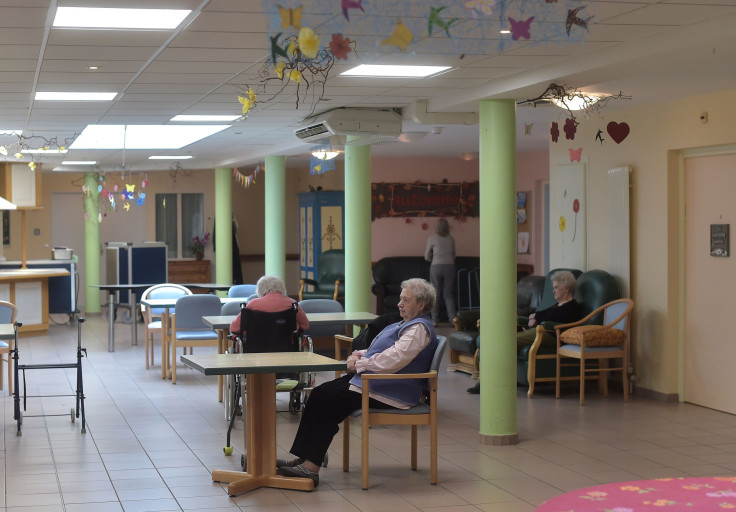Alzheimer’s Vaccine: Human Trials Expected To Commence In 2 Years

Great hopes are being placed in a new vaccine that might be able to both prevent and cure dementia and Alzheimer's disease.
Developed by Prof. Nikolai Petrovsky, director of endocrinology at Flinders University in Adelaide, South Australia, after more than two decades of painstaking research and testing, this new vaccine's potential is so promising it's being hailed as the "breakthrough" of the decade in Alzheimer's research.
Petrovsky hopes human trials in the United States will start in the next 18 to 24 months. The vaccine was developed by Petrovsky but research is being led and funded by the Institute for Molecular Medicine (IMM) in California and the University of California in Oakland, which is the world's leading public research university system.
"With the vaccine, what we're doing is getting the immune system to make antibodies that can recognize those abnormal clumps of protein and will actually pull them out of the system and break them down," Petrovsky told ABC Australia. "It'll unblock the pipes and let the brain go back to normal."
The pipes Petrovsky refers to are the tens of billions of neurons in a healthy human brain. Neurons are specialized cells that process and transmit information throughout the body via electrical and chemical signals. They transmit messages between different parts of the brain, and from the brain to body organs.
Alzheimer’s disrupts the vital communication among neurons, causing loss of function and cell death. Early on, Alzheimer’s destroys neurons and their connections in parts of the brain involved in memory. It later corrupts areas in the cerebral cortex that are responsible for language, reasoning and social behavior. Many other areas of the brain will eventually be damaged. A person with advanced Alzheimer’s loses his or her ability to live and function independently. The disease is fatal within five to seven years.
"Currently, we believe Alzheimer's disease is caused by a build-up of abnormal clumps of protein in the brain," Petrovsky said. "It's like they gum up the system, a bit like when your pipes get blocked and they don't work so well.
He said the same thing happens in the brain with Alzheimer's. A person with the disease gets these build-ups of clumps of protein between the brain cells and they start to interfere with the communication between the brain cells.
Petrovsky is confident the human trials will turn out well.
"It's an exciting time to be starting the new decade -- hopefully this is the breakthrough of the next decade if we can get it to work in the human trials," he added. "It's an exciting juncture."
Petrovsky said the vaccine was designed to both be a preventative measure and a cure. He said that in animal models, the vaccine was used to prevent the development of memory loss by giving it before the animal starts to get these build-ups of proteins.
"But we can also show that even when we give it after the animals have proteins, we can actually get rid of the abnormal proteins. It's actually designed to be both a prophylactic and a therapeutic."

Published by Medicaldaily.com



























